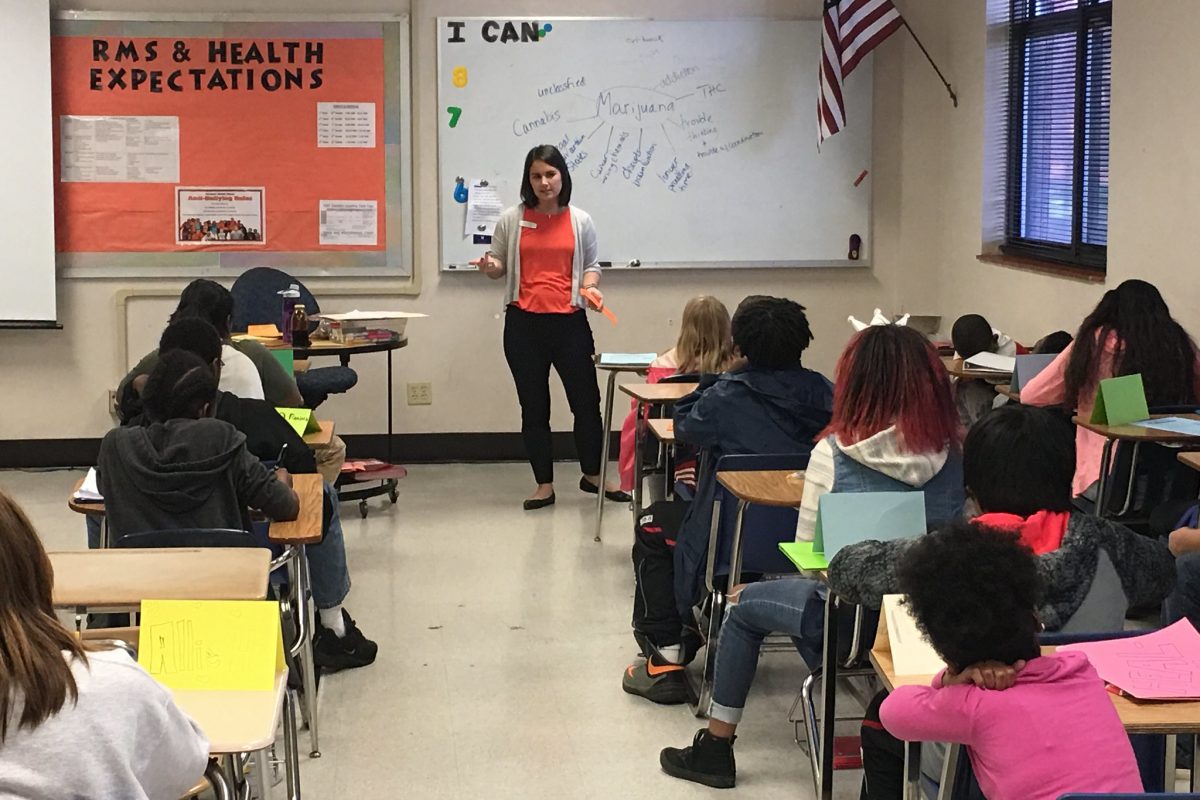It may sound strange to some people to begin drug and alcohol prevention in elementary school. Kids shouldn’t have to worry about that kind of stuff, right?
Not so fast!
K-5 prevention programs are designed to help kids build healthy life skills such as making friends, managing emotions, and solving problems in age-appropriate ways. They are designed to teach kids that it’s ok to say “No” and research has shown that developing “soft” skills like these are essential to the development of a healthy child. In fact, it will prepare and equip them to manage and solve more difficult problems later in life.
Let’s take a look at the elementary prevention programs PreventEd has to offer:
Kindergarten
In kindergarten, kids start out with a four-lesson series called Winning Friendships. These lessons are designed to teach and promote skills, language, and behaviors that build friendships. Students learn skills like how to be a teddy bear and not a porcupine, how to handle uncomfortable feelings like anger, and ways to talk to your friends if you’re having a disagreement.
Teaching children how to manage these feelings and build strong friendships helps lay a solid foundation for making healthy choices in the future.
Grade 1
Caring 4 Classmates is a program for Grade 1 students. This is a series that comes with four-lessons based around the importance of being special and recognizing special qualities in others.
This program builds on skills learned in kindergarten and helps students understand the importance of working together with their classmates and tackles tricky topics, like sharing, to build a strong classroom.
Grade 2
Sometimes, having friends and managing friendships can be challenging. Friendship Rules builds upon previous programs and teach children how to manage friendships and their emotions. This program introduces the “rules” of friendship, such as “it’s ok for friends to be different” and “friends include others.”
Maintaining friendships is an essential part of a child’s life and learning healthy methods for keeping them will teach children how to manage relationships throughout their lives.
Grade 1 or 2
Mend Your Mad is a four lesson series designed for students in 1st or 2nd grade. Schools are able to determine what program best fits the needs of their students and tailor the prevention program to fit their group of kids.
Mend Your Mad helps students recognize that anger is a normal emotion and provides strategies for students to manage their anger.
Grade 3
When kids grow up and make friends, they begin to understand that there are different “levels” of friendships. Building You, Building Me is a four lesson series all about communication. Students will learn about ways that we communicate and how they can work together as builders by using kind words, actions, and behaviors that can build a friendship and not tear it down.
Grade 4
In Grade 4, children will be introduced to the Taking Charge of Me series which is designed to teach children how to respect themselves and others, while understanding how their actions affect themselves and others. Students will understand the importance of respect, practice empathy by recognizing the uniqueness of self and others, as well as working to be accountable for their actions.
Grade 5
Saying no and refusing peer pressure can be hard. Especially when a request comes from a good friend.
In Grade 5, children will begin learning information on topics like alcohol, tobacco/vaping, and marijuana. On top of information surrounding drugs and alcohol, O2BDrugFree and Taking Charge of Me II helps children develop skills like:
- Self-control
- Understanding what healthy choices are
- How to make healthy choices
- Managing peer pressure
- Promoting inclusion
Respecting oneself and being armed with refusal strategies will help kids gain the inner strength and self-respect to say no to things they know are harmful.
Schedule Your School’s Prevention Programs With PreventEd
PreventEd knows that change begins in our schools and we believe in the power of our young people. Our Prevention Educators are always more than happy to discuss what prevention programs would be a good fit in your schools. We “get” kids.

